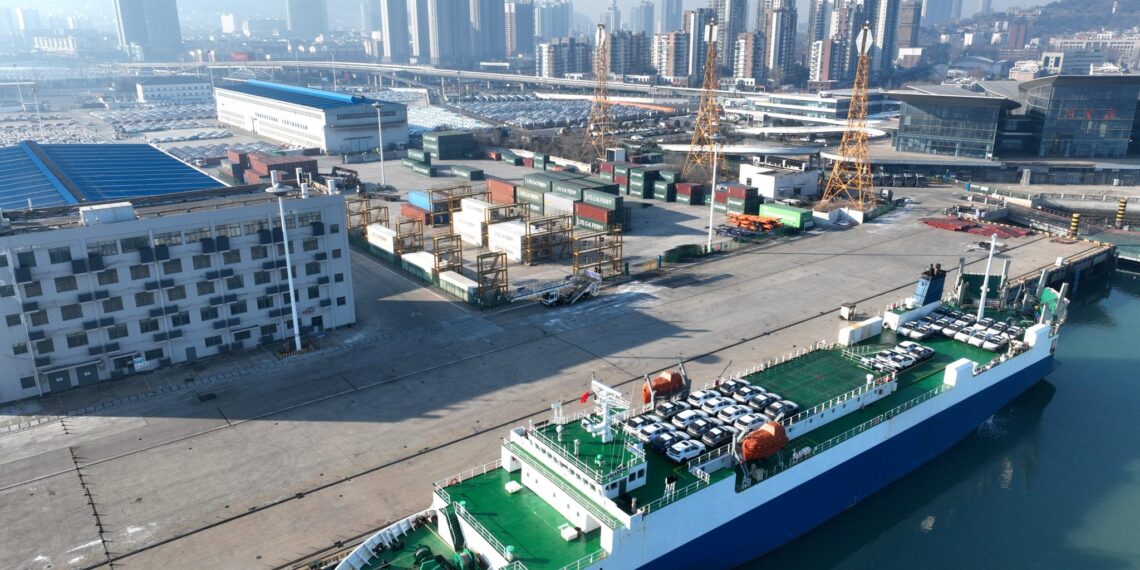No products in the basket.
Thai exports rose for the fifth consecutive month, reaching $25.6 billion in November. This growth was primarily fueled by the technology sector, with computers and components showing an impressive 40.8% increase, marking an eight-month streak of continuous expansion.
Key Takeways
- Thailand’s exports surged to $25.6 billion in November, an 8.2% increase, whereas imports slightly rose to $25.8 billion, leading to a $224.4 million trade deficit. From January to November 2024, exports hit $275.8 billion, up 5.1%, while imports were $282 billion, resulting in a $6.3 billion deficit. Core growth drivers included technology products, with computers and components rising by 40.8%, and agricultural products, notably rubber and fruits, expanding significantly.
- Agricultural sector saw mixed outcomes; notable was a 20.6% decline in rice exports due to stockpiles in key markets and stiff competition. Despite some challenges, exports to primary, secondary, and other markets expanded by 8.3%, 7.1%, and 29% respectively, indicating healthy global demand. In light of these performances, the Ministry of Commerce is optimistic, forecasting exports over 10 trillion baht in 2024.
- Despite geopolitical uncertainties and economic risks, strategic policies are planned to bolster the export sector. These include boosting investment in emerging industries, fast-tracking free trade deals, and tapping into unexplored markets. Enhanced collaboration among various agencies is also on the agenda to mitigate trade barriers and fortify the export sector’s robustness for sustainable growth through 2025.
In November, Thailand’s exports totaled 25.6 billion USD, reflecting an 8.2% year-on-year growth, according to the Trade Policy and Strategy Office under the Ministry of Commerce. Imports during the same period reached 25.8 billion USD, a modest increase of 0.9%, resulting in a trade deficit of 224.4 million USD.
The export sector experienced significant growth, largely driven by technology products, particularly computers and components, which recorded a remarkable 40.8% increase over an eight-month upward trajectory. Agricultural and food exports also performed strongly, with rubber exports rising by 14.1% and fresh, frozen, and dried fruits achieving an impressive 44.8% growth.
Rice exports experienced a 20.6% decline, the first contraction in six months. This decrease was primarily due to ample stockpiles in key markets such as the Philippines and Indonesia, coupled with intensified competition from more affordable exporters like India.
Discover more from Thailand Business News
Subscribe to get the latest posts sent to your email.













